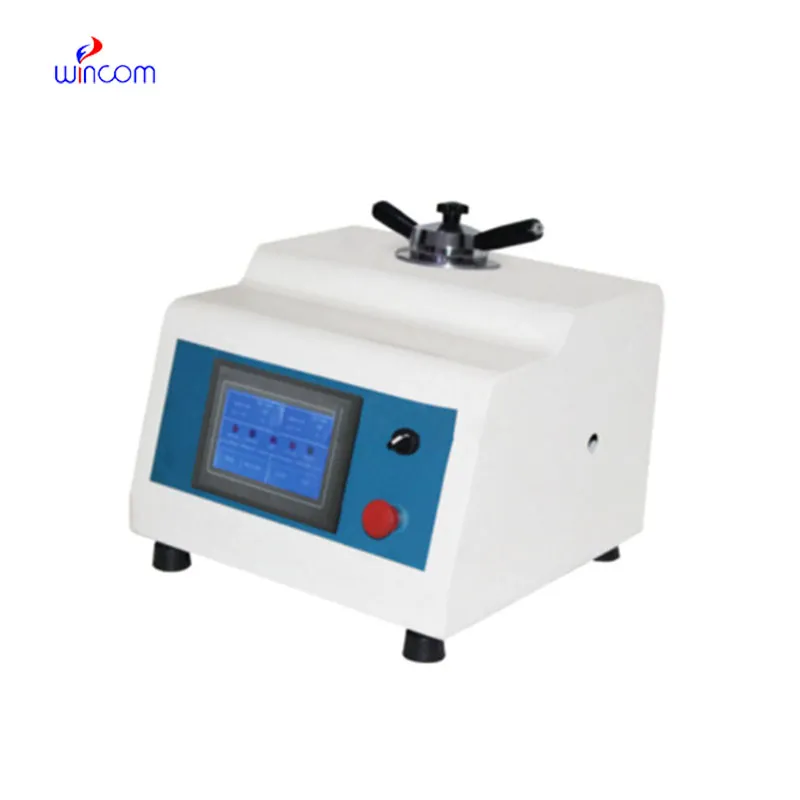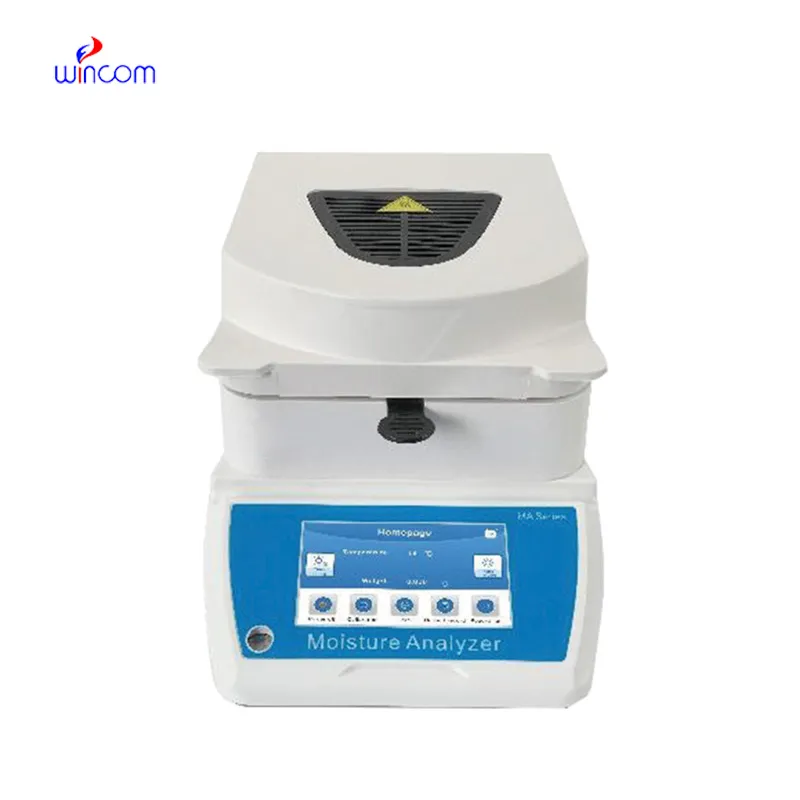
The closed mri machine pictures combines ergonomics with advanced high-performance imaging technology to deliver best-in-class scanning performance. The open and wide-bore configurations of the closed mri machine pictures improve patient access for mobility-compromised patients. The closed mri machine pictures also comes equipped with real-time monitoring, which allows radiologists to view the quality of images in real-time during scanning.

The closed mri machine pictures is typically employed in abdominal imaging to assess the organs like the liver, kidneys, pancreas, and intestines. The closed mri machine pictures can identify cysts, lesions, and infection. The closed mri machine pictures enjoys higher contrast resolution and thus even minimal soft tissue abnormalities can be detected by radiologists.

The closed mri machine pictures will continue to evolve with even greater control of magnetic fields and more sophisticated imaging pulse sequences. Next-generation systems will take ultra-high-resolution images capable of imaging microscopic tissue architecture. The closed mri machine pictures will also provide improved patient comfort through noise cancellation and shorter scan times.

Routine upkeep and maintenance of the closed mri machine pictures are essential to ensure safe and dependable operation. Regular checks must be conducted to confirm coil integrity, cooling capacity, and magnetic field stability. The closed mri machine pictures room must be suitably maintained, temperature-controlled, and metal object-free to prevent magnetic interference as well as equipment damage.
The closed mri machine pictures is excellent at imaging soft tissue and has been a valuable asset in orthopedics, neurology, and oncology. Its magnets are able to create signals that are then reconstructed into precise anatomical images. The closed mri machine pictures determines structural and functional disorders with unprecedented detail.
Q: What happens if a patient is claustrophobic during an MRI scan? A: Patients who feel anxious or claustrophobic can request an open MRI machine or mild relaxation medication to make the experience more comfortable. Q: Can MRI detect joint and muscle injuries? A: Yes, MRI is highly effective for examining ligaments, tendons, and muscles, making it a key tool for diagnosing sports and orthopedic injuries. Q: What types of MRI scans are available? A: There are several types, including brain MRI, spinal MRI, cardiac MRI, and functional MRI, each tailored to different diagnostic purposes. Q: Are there any risks associated with MRI scans? A: MRI is generally very safe, though individuals with implanted devices, metallic fragments, or severe kidney conditions may require additional evaluation before scanning. Q: Can MRI scans monitor treatment progress? A: Yes, MRI can track changes in tumors, inflammation, or tissue healing over time, helping physicians assess treatment effectiveness.
This x-ray machine is reliable and easy to operate. Our technicians appreciate how quickly it processes scans, saving valuable time during busy patient hours.
We’ve been using this mri machine for several months, and the image clarity is excellent. It’s reliable and easy for our team to operate.
To protect the privacy of our buyers, only public service email domains like Gmail, Yahoo, and MSN will be displayed. Additionally, only a limited portion of the inquiry content will be shown.
We’re interested in your delivery bed for our maternity department. Please send detailed specifica...
I’d like to inquire about your x-ray machine models. Could you provide the technical datasheet, wa...
E-mail: [email protected]
Tel: +86-731-84176622
+86-731-84136655
Address: Rm.1507,Xinsancheng Plaza. No.58, Renmin Road(E),Changsha,Hunan,China